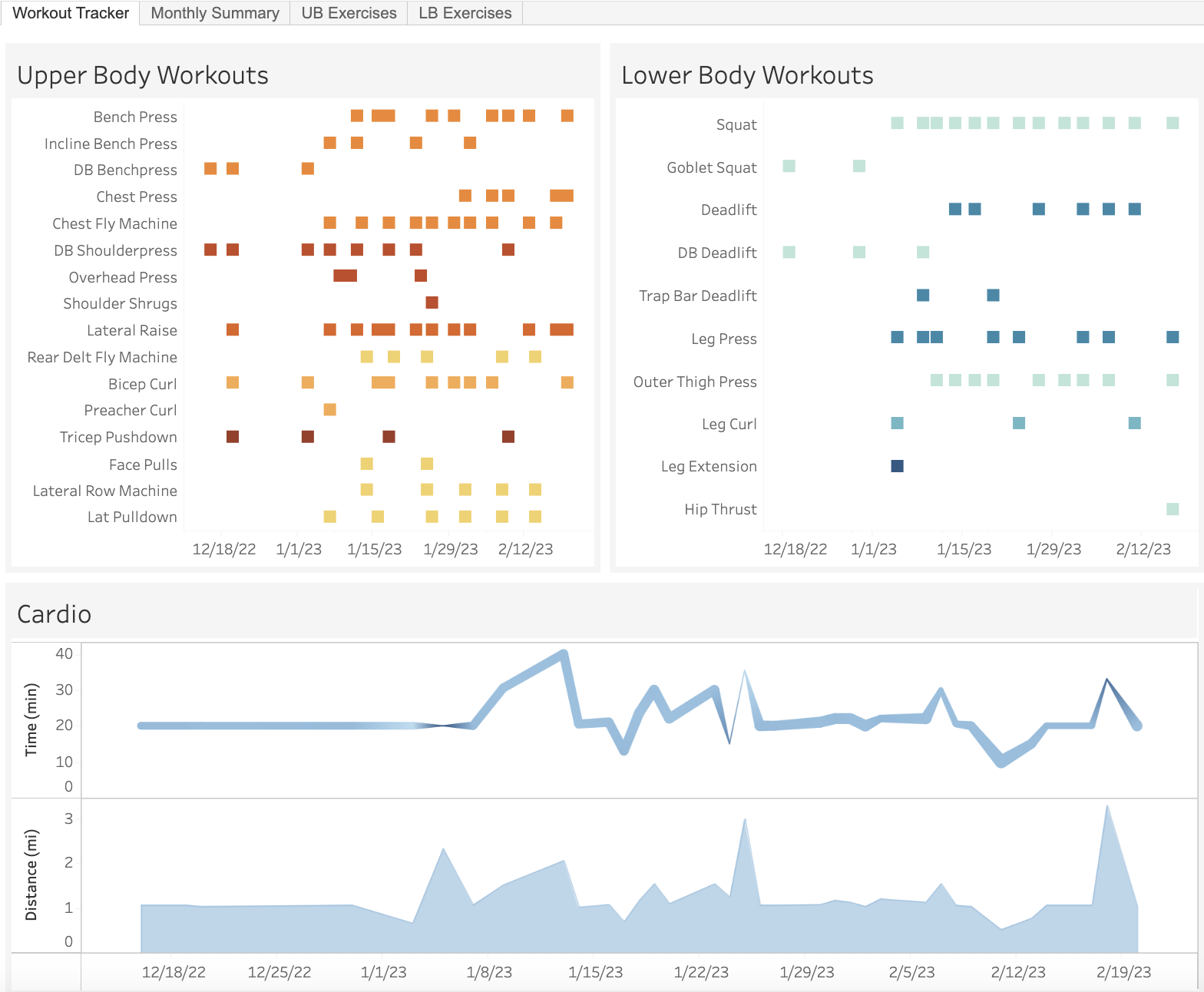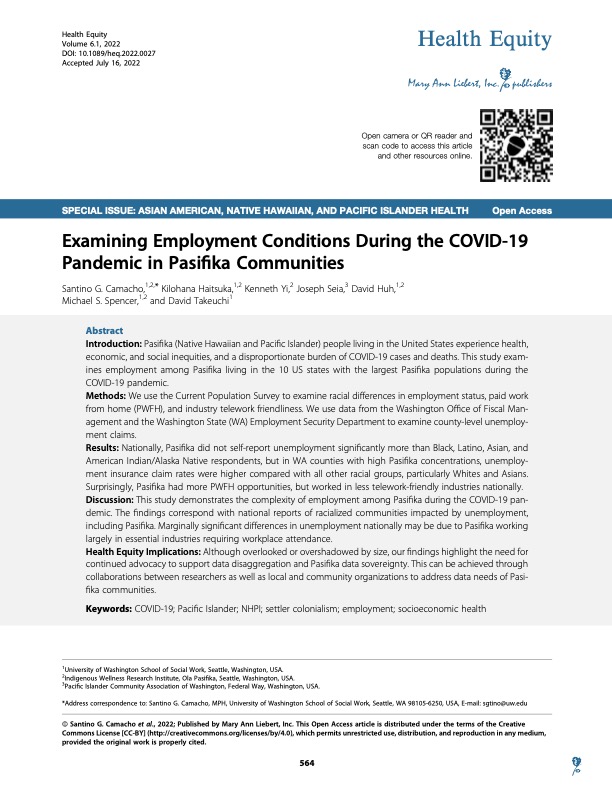About

Hi, I'm Kenny
- School: University of Washington
- Expected Graduation: June 2026
- Major: M.S. in Biomedical and Health Informatics
- Location: Seattle, WA
Raised in a multicultural family, my research interest revolve around developing informatics tools to improve the equity and effectiveness of care across the cancer continuum. Specifically, I am interested in applying deep learning methods to improve cancer screening and diagnostics in diverse populations. I am also exploring how technology can facilitate end-of-life discussions for patients with advanced cancer. Outside of work, I am a big foodie on my journey to Yelp Elite one cafe at a time. I can also be found playing sudoku and badminton in my free time.
Why Healthcare?
For me, it started with my family. My grandfathers lost their lives to Multiple Myeloma and Waldenstrom Macroglobulinemia when I was young so I quickly came to understand the toll that cancer and chemotherapy have on patients and their loved ones. Learning about inequities in cancer screening and mortality for minorities combined with my family history for malignancies fueled my desire to pursue a career related to cancer care. Throughout my academic and professional experiences, I have continually been fascinated by advancements in computational tools for healthcare and hope to develop similar tools in the future.
Achievements
Volunteer Hours
Clinical Hours
Research Hours
GPA
Skills
Certifications & Education
Coursera
Google Data Analytics Specialization
Demonstrated hands-on experience with data cleaning, data visualization, project management, interpreting and communicating data analytic findings. Gained confidence in transforming complex data into actionable and clear insights.
Coursera
Mathematics for Machine Learning and Data Science
Studied core mathematics for machine learning and data science, including linear algebra, calculus, probability, and statistics
Udemy
Python Data Analysis & Visualization Masterclass
Gained expertise with Python utilizing Pandas, Matplotlib, and Seaborn to analyze a wide array of datasets and create different kinds of visualizations
CSE 527
Computational Biology
Introduces computational methods leveraging artificial intelligence (AI) and machine learning (ML) techniques to understand biological systems and enhance healthcare. Utilizes various AI/ML techniques, including explainable AI, interpretable ML, deep learning, probabilistic graphical models, and causal inference. Explores diverse problem areas such as genetics, epigenomics, transcriptomics, proteomics, imageomics, and electronic health records.
BIOST 517
Applied Biostatistics
Introduction to the analysis of biomedical data. Descriptive and inferential statistical analysis for discrete, continuous, and right-censored random variables. Analytic methods based on elementary parametric and non-parametric models for one sample; two sample (independent and paired), stratified sample, and simple regression problems.
BIME 530
Introduction to Biomedical and Health Informatics
Overview of biomedical and health informatics concepts, theories, and applications, including the historical evolution and the current and future research directions within the context of information flow in healthcare settings.
BIME 543
Consumer Health Informatics
Provides an introduction to consumer health informatics (CHI) including theories of health behavior and information behavior; key concepts and terminology; and application domains. The course will cover issues such as health literacy, patient-centered communication, patient empowerment, and privacy; and application domains including personal health records, m-Health, and telehealth.
BIME 591
Introduction to Selected Topics in Medical Imaging and Informatics
Introduces topics relevant to medical imaging modalities and their informatics applications. This includes but is not limited to fundamentals in several clinical imaging modalities (MRI, CT, PET), machine learning applications, and integration with clinical health informatics.
BIME 435
Informatics in Healthcare
Introduces information technology applied in healthcare across three modules that (1) overview the U.S. healthcare system, (2) establish an understanding of clinical information systems used in healthcare, including electronic health records, and (3) survey applications in clinical informatics, such as virtual health care and the learning health system.
GENOME 373
Genomic Informatics
Focuses on methods for analyzing large genetic data sets and their application to biological problems, including sequence alignment and search methods, gene prediction, phylogenetic trees, and microarray analysis.
BIOL 464
Molecular Mechanisms of Cancer Seminar
Molecular mechanisms of cancer and therapeutic strategies designed to treat cancer. Additional focus on intersection of medicine and society, including racial health disparities, patient ethics, and informed consent.
BIOL 350
Foundations in Physiology
Analysis of basic principles of animal and plant physiology, with emphasis on cellular processes that mediate organismic processes
BIOL 355
Foundations in Molecular Cell Biology
Emphasis on molecular approaches to understand cell structure, function, and regulation, and the analysis of experimental design and data interpretation
BIOL 310
Survey of Human Anatomy
Covers the major systems of the human body (integumentary, skeletomuscular, lymphatic, respiratory, digestive, nervous, endocrine, cardiovascular and reproductive) and the interactions of cells and tissues that help humans live, grow and change
BIOL 427
Biomechanics
Physical biology emphasizing a mechanical approach to ecological, evolutionary, and physiological questions. Basic principles underlying fluid and solid mechanics to explore responses of animals to flows, loads, and motions
BIOL 466
Pathobiology of Emerging Diseases
Examination of the causes, alterations in cellular function, and remediation of emerging diseases in plants and animals from a global perspective
GENOME 361
Fundamentals of Genetics and Genomics
Introduces fundamentals concepts in genetics and genomics including patterns of inheritance, genetic variation, and the relationship between genotype and phenotype.
BIOC 405 & 406
Introduction to Biochemistry
Survey of basic principles of biochemistry and molecular biology, emphasizing broad understanding of chemical events in living systems in terms of metabolism and structure-function relationships of biologically important molecules
NUTR 405
Physical Activity in Health and Disease
Impact of physical activity on individual and public health. Overview of physiological adaptations to activity, exercise prescription, exercise epidemiology, and prevention of chronic diseases. Public health recommendations for activity in the U.S. population, and the effects of the built environment on activity
PHARM 579
Current Topics in Pharmacy:
The COVID-19 Pandemic
A cutting-edge overview of the science, public health issues, and economics of the COVID-19 pandemic, covering topics such as epidemiology, testing, therapeutics, vaccine development, and modeling
Resume
Professional Experience
Medical Data Specialist
April 2022 - April 2024
All4Cure
- Extract oncology biomarkers and treatment history from electronic health records (EHR) using Microsoft Excel
- Analyze lab results, genomic testing results, and chemotherapy history for cancer patients in compliance with the U.S. HIPAA regulations
Oncology Intern
January 2022 - June 2022
Lifespring Cancer Treatment Center
- Worked alongside a multidisciplinary team of physicians, nurse practitioners, naturopathic practitioners, and nurses to provide personalized care for patients using cutting edge innovations such as Guardant360 and Signatera
- Assisted in clinical examinations and transcribed physician-patient interactions into Practice Fusion, an electronic health record
Student Assistant
August 2021 - January 2022
UW Medical Center - Montlake
- Learned Epic’s electronic health records system to manage the admitting of patients for all departments and the guiding of patients to appointments at the top hospital in the Pacific Northwest
- Screened all visitors of the hospital on a daily basis for COVID-19 and related symptoms in addition to vaccinations
IT Student Assistant
March 2019 - September 2021
Learning Spaces University of Washington Foster School of Business
- Provided AV support both in person and through an email-based ticketing system to over 50 classrooms, conference rooms, team rooms, and computer labs
- Designed manuals to efficiently teach new student assistants how to best troubleshoot common AV issues
Research Experience
Graduate Research Assistant
November 2024 - Present
Biomedical and Health Informatics
- Developing data-driven clinical signatures for people who experience hallucinations
- Developing automated methods for delivering caring contacts protocols
Undergraduate Research Lead
November 2020 - June 2022
Ola Pasifika Lab
- Analyzed U.S. census microdata utilizing logistic regression and cross-tabulation with R to identify trends in COVID-19 related health outcomes for NHPI
- Surveyed UW mental health practitioners, faculty, and student support staff to assess the mental health resources provided for UW BIPoC students
- Developed a curriculum to teach R and quantitative data analysis principles to future research assistants


